This blog is adapted from a speech given at the ‘Women in Law Enforcement’ civil society side event organised by Law Enforcement Action Partnership (LEAP), at the 66th session of the UN Commission on Narcotic Drugs (CND).
Debbie is a member of LEAP a group of Police, undercover operatives, intelligence service, military and a range of figures from the criminal justice system who are joining together with communities to bring about drug law reform
I joined Leap UK in 2016, but this is the first time I’ve shared by story publicly, so please bear with me.
I speak today wearing two hats – that of a retired police Detective Inspector and that of a mother and grandmother affected by the current drug policy in the UK. Unfortunately for me, I am in a unique position having seen our drugs laws from two very different perspectives.
I shall try to cram 20 years in to around six minutes…
When I joined the police in 2001 I formed the same views as every other police officer I knew. I believed that the Misuse of Drugs Act was a great piece of legislation and that drug misuse was a scourge on communities that we needed to tackle by arresting and removing these people from society to keep us all safe. I learned that heroin use especially can lead to crime to fund its use. I looked down on people using drugs and saw them as choosing this lifestyle. I want to say that I’m ashamed I ever held that viewpoint.
Around 2003 I discovered that my youngest daughter was using drugs, and she ended up using heroin. I wish I hadn’t had to go through this lived experience in order to realise we have it all wrong. Drug addiction is a health issue. It should not and cannot be dealt with effectively through the criminal justice system.
I kept my daughter’s drug use secret at work for many years, because I was aware of the judgement and the stigma and I didn’t want her judged. She was a good person, with the kindest heart, I didn’t want her to be labelled for the rest of her life. I kept my desperation to myself.
When she was 21 she had a baby boy and never touched drugs throughout her pregnancy and his first year, in fact she didn’t even eat unhealthy food during her pregnancy as it was bad for the baby. She was a model pregnant mother. Around a year after he was born though I discovered she had relapsed into heroin use again.
By the time my grandson was four we persuaded her to go into rehab and after pushing the local authority they agreed to fund her. She didn’t want to leave her son, she adored him, but they would not fund a mother and child place, so she had no choice but to leave him. He stayed with my parents during the weekdays, and I visited after work every day and had him every weekend. This was supposed to be a temporary measure for 6 months, however she didn’t make it through rehab and failed to return to our home city for two years.
By this time, I had decided to move my grandson permanently to live with me and explain my circumstances with my daughter to my boss. Continuing to live with my parents who were in their 70’s while I was at work wasn’t fair on them or him.
Two years later and after four years of waiting and hoping my daughter would recover and be able to take her son back, I sought and was granted a Special Guardianship Order for my grandson. I had hoped that this process which took a few months would shake my daughter in to action and recovery, but sadly it didn’t.
Although work were supportive and understanding, as my career progressed and I was promoted again, the demands upon my time and availability increased with out of hours Senior Detective responsibilities, including callout during the night. When I was on the callout rota my parents would help out, but it became increasingly unfair on them and my then 10 year old grandson. I was capable of further promotions, but this would require residential courses to prepare me for more senior roles. Something I couldn’t commit to with a 10 year old at home and nobody else to look after him for weeks at a time.
I felt torn between the career I loved and caring for my grandson.
Then in November 2018, my daughter had missed probation appointments and was sent to prison for this for 6 weeks. She received no help or counselling in prison, she wasn’t in long enough to trigger anything other than methadone, which she would queue up for daily. Because I was a serving police officer I couldn’t visit her as if I was recognised in the prison this would put her at significant risk.
This was the final straw for me. Her drug use was impacting how I felt at work as well as in my personal life. I felt helpless and desperate for change to help my daughter and others like her. I started to feel as though I worked for the enemy, and so I felt I had no choice but to retire 5 years early from the police.
My last day of service was 31 December 2018, and I cried my eyes out that New Years Eve at home with my grandson tucked up safely in his bed.
I then took up another full time job in the private sector.
I believe my daughters behaviour got increasingly worse as she became increasingly guilt ridden and ashamed that she wasn’t raising her son as a mother should. These feelings are ever more powerful for women than men. I was left with no alternative given her continued drug use to put my grandson’s welfare ahead of everything else.
This still causes conflict between us. She sees me as stealing her son rather than facing the reality that I was actually taking care of the thing most precious to her, her boy. Her drug use has impacted my personal life and my career and the lives of her father, her sister and grandparents, who are all desperate to have her back. But despite the anger and frustration I’ve felt over the years, I know that this isn’t her fault. And sandwiched into the middle of this is my wonderful 15 year old grandson, who by the way, hopes to go to Sandhurst to become an army officer.
I’d like you to consider, why does someone’s daughter with an eating disorder get help, support and sympathy, because she’s compelled to do something that is harmful to herself, yet my daughter who uses drugs that also cause harm to herself, is not as worthy of that response? It’s because of the Misuse of Drugs Act – that’s the only difference – they are both suffering from unresolved issues that they treat themselves, but in a way that manifests itself quite differently. One of them is seen as ill, and the other, is seen as a criminal. How is this right?
There was once a round up of a large drug dealing gang in the City where we live whilst I was still a serving police officer. The police announced its huge success all over media. I asked my daughter about the impact and she replied “we struggled for about a day, but then normal service resumed.”
This isn’t success, its firefighting, and we’ve been doing it for over 50 years in the UK. Drugs are easier for our young people to get hold of than alcohol – prohibition doesn’t work!
As a mother, my daughter’s feelings of guilt and shame are magnified, and as her mother my opportunities are limited by the lack of proper treatment and help available for my daughter to enjoy living and being a mother again with proper help and support. I fear for my daughters safety every day of my life. It never leaves me.
What kind of humane society throws its most vulnerable in society into the hands of serious organised criminals? We’ve turned our backs on them for too many years. Women especially are disproportionately harmed by our drug laws.
I dream of a humane society in the UK that would regulate drugs and decriminalise them. It would help those struggling with drug issues, remove the stigma and shame and provide a safe environment to gradually recover from drug misuse. Recreational drug users would know exactly what they are getting and be educated on the dangers, as we all are with alcohol.
We’d have Heroin Assisted Treatment centres where people who use heroin could have the daily chaos and panic removed from their lives and gradually, with care and compassion and dignity, start to rebuild their lives.
We would steal the drug traffickers customers and keep them safe from further harm. County lines – where children are being recruited to sell drugs – would reduce and disappear with nobody to deal illegal drugs to.
My only hope is that this happens in time to give us back our clever, funny, beautiful kind daughter, sister, grand daughter and mother and the sons and daughters of thousands of other parents in the UK.
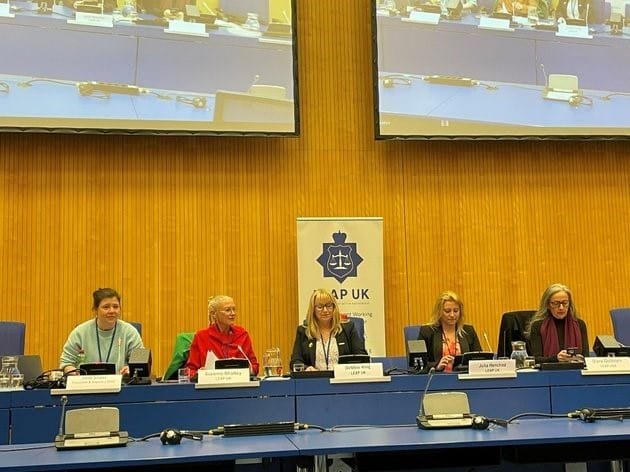

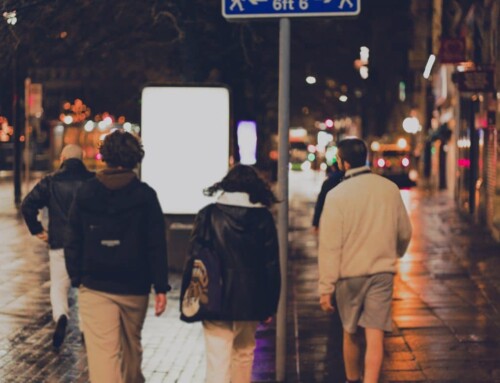
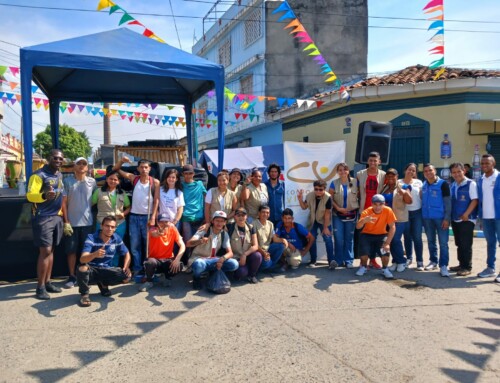
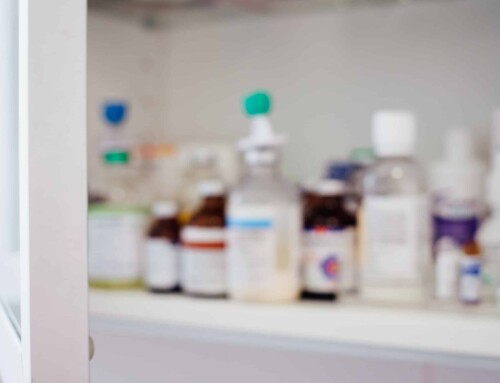
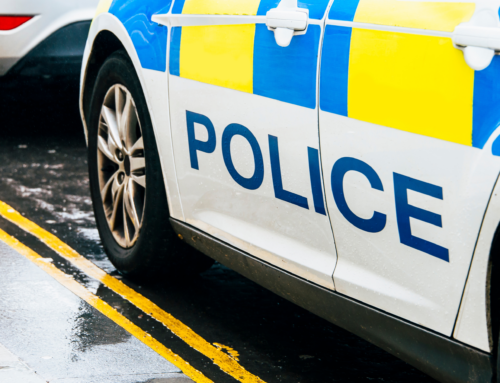
From Italy:
When my son died of heroin o.d. there was a criminal investigation. We were not allowed to see his body for a month and then only through the glass window.
We got the body 2.5 months after his death.
Perhaps the criminals were those investigating.
Before his death he was subjected to endless shaming in the local drug center that dispensed substitutes and run, not by a competent psychiatrist but by an anesthetist for.crying out loud!
The real power in that center is a sociologist who resembles a gestapo caricature and behaves like one humilisting addicts and families alike.
At her discretion addicts are assigned to rehab but mostly denied it if their behaviour does not satisfy her
My beautiful, sensitive boy was trash to her as he was to society around us.
Why didn’t anyone care? Why was there no help?